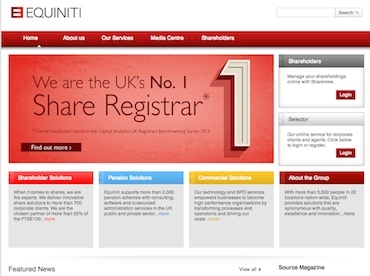The research by Equiniti, the share registrar, also found that the number of investors seeking a financial adviser had gone up but there were 20% fewer advisers available, according to one source.
When asked where shareholders were most likely to seek investment advice the responses were:
Adviser Type Pre RDR Post RDR Difference
| Friends and family | 11% | 9% | -2% |
| Professional adviser | 25% | 33% | +8% |
| Financial press | 35% | 35% | Stayed same |
| Online media | 29% | 23% | -6% |
But while 5% of respondents said the RDR has changed the way they seek advice, despite its best intentions to increase transparency in transactions between advisers and investors, 68% of investors don't yet know what the RDR is. Some 21% said that while they were aware of the RDR, it has not changed the way they seek investment advice.
{desktop}{/desktop}{mobile}{/mobile}
Mark Taylor, managing director of Equiniti Investment Services, said: "The responses indicate the RDR is having a positive effect in building trust between investors and advisers, with many saying that they are seeking advice from them. Yet, it is clear that the RDR is still not having the full impact that it could and there is clearly more work to do in helping investors understand the RDR and the resultant regulation.
The research also highlights the concern over availability of advice. The number of investors looking to consult financial advisers has gone up while estimated figures from the Association of Professional Financial Advisers suggest there are around 20% fewer advisers in the market than in 2011, despite a recent but modest rise.
If the number of investors seeking support from advisers continues to increase the 'advice gap' could worsen considerably, says the research. Investors may be forced to look to alternative sources of advice and information, which would not support the objectives of the RDR, says Equiniti.

